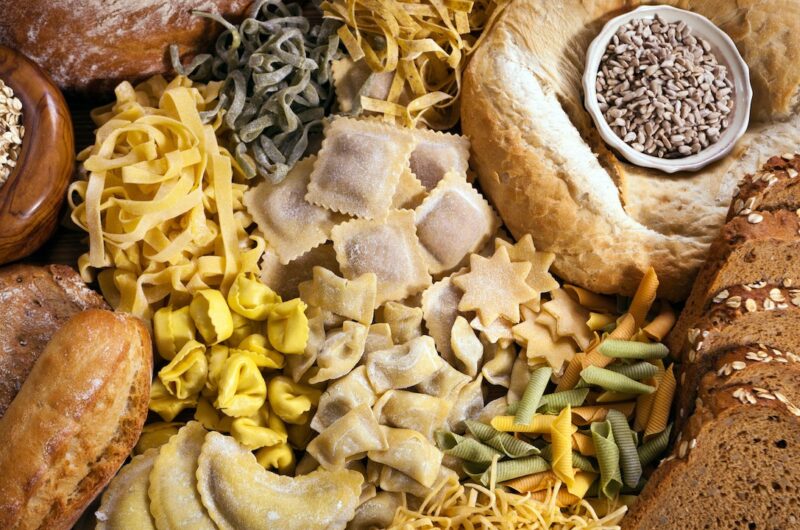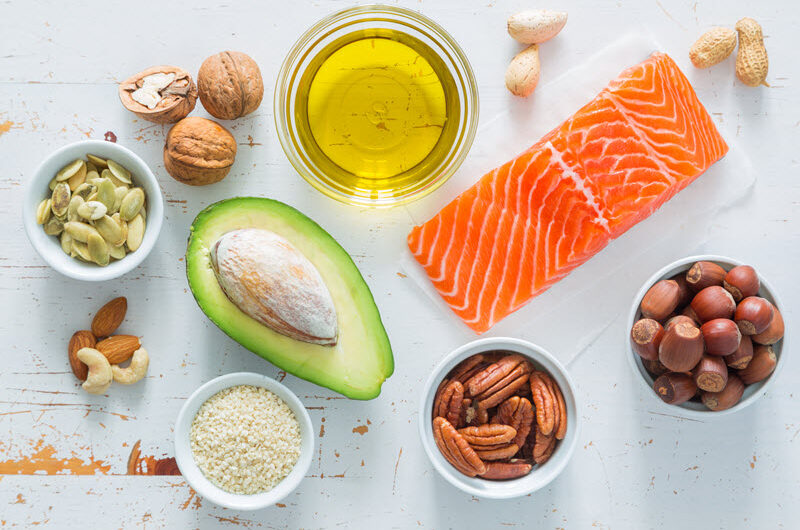
Balancing your meals with proteins, carbs, and fats is essential for optimal health because each macronutrient plays a unique role in your body. Proteins are crucial for tissue repair and muscle growth, carbs serve as the primary energy source, and fats support nutrient absorption and hormone production. Balanced meals also support brain health by providing essential nutrients like Omega-3 fatty acids and antioxidants, which protect brain cells and enhance cognitive function. An imbalance can lead to metabolic issues, energy crashes, and decreased physical performance.
Imagine powering through your day with energy that lasts, a balanced mood, and better physical performance—all thanks to properly balanced meals! Let’s dive into how to achieve that balance.
The Importance of Proteins in a Balanced Diet

Vital for muscle repair, immune function, and enzyme production. Protein also helps maintain a strong body and keeps you energized.
Best protein sources: lean meats, legumes, nuts, and plant-based options. Lean proteins are essential for muscle repair and growth, and they play a significant role in managing chronic diseases, including cardiovascular disease, by helping to control inflammation and maintain a healthy weight.
Carbohydrates: Your Body’s Primary Energy Source

Carbohydrates provide quick energy and are essential for brain function.
Best carb sources: whole grains, fruits, and vegetables.
Fats: Essential for Nutrient Absorption and Hormone Production

Fats aid in the absorption of fat-soluble vitamins (A, D, E, K). They play a role in hormone balance and brain function, which are crucial components of a healthy diet.
Healthy fat sources: avocados, nuts, seeds, and olive oil. Healthy fats, such as omega-3 fatty acids from oily fish and antioxidants from sources like olive oil, can help reduce inflammation, lower cholesterol, and support brain and skin health.
The Benefits of a Balanced Diet

Incorporating healthy, nutrient-rich foods into your diet offers a variety of significant health benefits. By consuming balanced meals, you can improve overall health, including better weight management, heart health, and skin health.
These meals also provide sustained energy throughout the day, keeping you active and focused. Additionally, a nutrient-dense diet improves mood stability and supports mental well-being, while also enhancing physical performance and aiding in quicker recovery from exercise or daily activities.
Portion Control: Key to Healthy Eating Habits and Weight Management

Portion control is a key factor in helping to prevent overeating and maintaining a healthy weight. By managing portion sizes, you can enjoy your favorite foods while still keeping calorie intake in check, making it easier to avoid overindulgence.
One effective strategy is the plate method, which encourages filling half your plate with vegetables, a quarter with lean proteins, and the remaining quarter with whole grains. This approach not only helps balance meals but also ensures you get a variety of nutrients.
Another useful approach is mindful eating, which involves paying attention to hunger cues and savoring each bite. By being more aware of your eating habits, you can reduce the risk of overeating and develop a healthier relationship with food.
Together, these portion control techniques make it easier to achieve and maintain a healthy weight, improve digestion, and support overall well-being.
How to Build a Balanced Meal

A step-by-step guide to creating balanced meals with the right portion of proteins, carbs, and fats should include nutrient-dense foods like leafy green vegetables. Emphasize the importance of consuming a variety of foods from all food groups to maintain good health and optimal body function. A balanced diet not only reduces the risk of chronic diseases but also ensures that the body receives essential nutrients necessary for overall well-being.
Conclusion
A well-balanced diet that includes the right amounts of proteins, carbs, and fats is crucial for maintaining optimal health. Consuming a variety of nutrient-dense foods and limiting processed and sugary items significantly contribute to physical and mental well-being. A healthy lifestyle, which incorporates a balanced diet and regular exercise, plays a vital role in enhancing recovery from physical stress and managing stress levels.
By making small adjustments to your meals, you can improve your energy, mood, and overall well-being. Start today by balancing your meals and experience the benefits of sustainable energy and enhanced health!
Ready to take control of your diet? Start planning your balanced meals now for a healthier, happier you!























